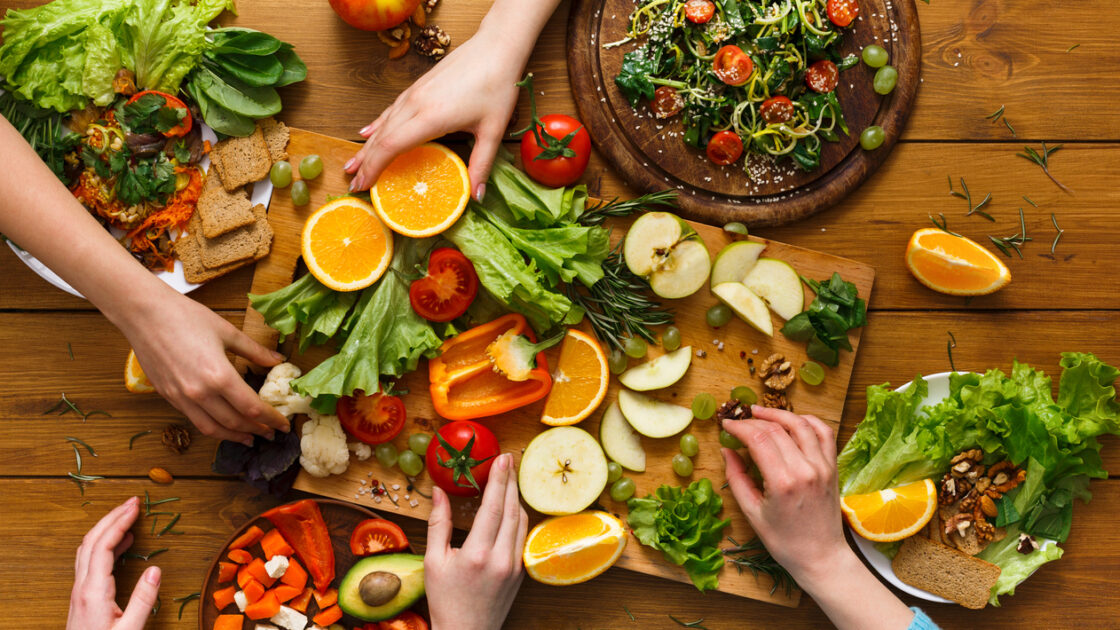One Pound Per Day: America’s Food Waste Epidemic

Food wasted in the home continues to be a massive problem, finds a new study. Americans alone are wasting close to one pound of food every single day, according to new research.
The study, conducted in part by the USDA’s Agricultural Research Center, the University of New Hampshire, and the University of Vermont, and published in PLOS ONE, looked at consumption habits over a seven-year period (2007-2014) and found that nearly 150,000 tons of food was going uneaten on a daily basis. The wasted food amounts to 30 percent of the average daily calories consumed by the American population of over 300 million people.
“Researchers estimate that food waste corresponded with the use of 30 million acres of land annually (7 percent of total US cropland) and 4.2 trillion gallons of irrigation water each year,” the study press release noted.
Most surprising about the study was the amount of healthier food being wasted.
“Higher quality diets have greater amounts of fruits and vegetables, which are being wasted in greater quantities than other food,” says co-author Meredith Niles, a University of Vermont assistant professor. “Eating healthy is important, and brings many benefits, but as we pursue these diets, we must think much more consciously about food waste.”
The researchers found that fresh fruits and vegetables along with vegetable-based dishes, were the most commonly wasted food items, totaling 39 percent of food waste; meat and dairy combined for a total of 31 percent.
The impact of wasted healthy food run deep, the study found, as cropland for fresh fruits and vegetables can involve higher rates of irrigation water and pesticide use; when those food go uneaten, the impact is even more significant to greenhouse gas emissions, the study noted. Food waste equates to 780 million pounds of pesticides and 1.8 billion pounds of fertilizer. “Both represent significant costs to the environment and the farmers who dedicate land and resources to producing food that’s meant to be eaten,” the study noted.
Education on proper food preparation methods and storage tips are critical to averting the food waste crisis, says the research team, which also points to a need for policy efforts that improve the accuracy of sell-by dates and labels.
The team also encouraged efforts to make “ugly” fruits and vegetables more widely accepted; several companies are already selling imperfect fruits and vegetables at discounted prices in efforts to keep food from being wasted.
Find Jill on Twitter and Instagram
Related on Organic Authority
Tyson Foods to Launch Plant-Based and Food Waste-Based Product Lines
This Food Waste Solution is Revolutionizing Industrial Composting
Bananas are the Biggest Food Waste Culprit, New Study Shows

